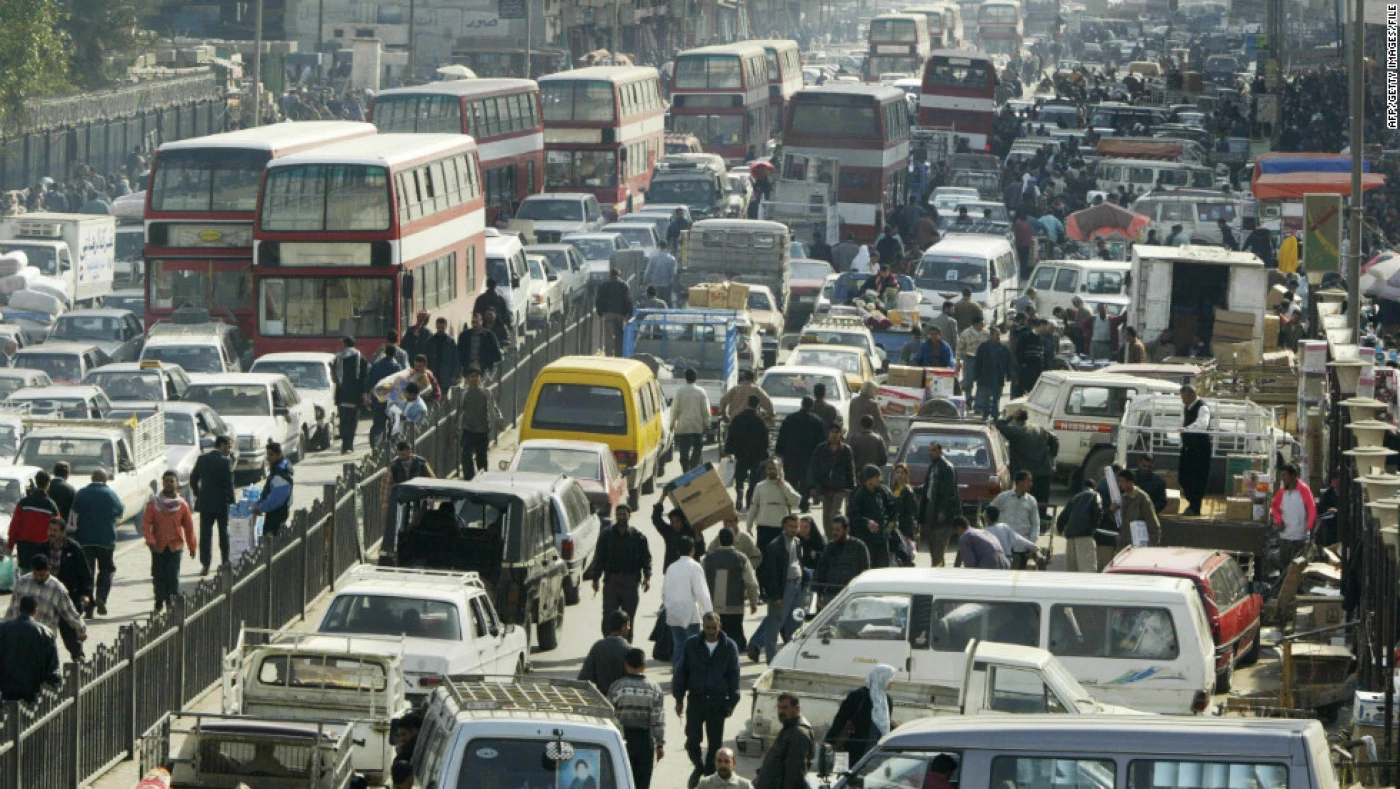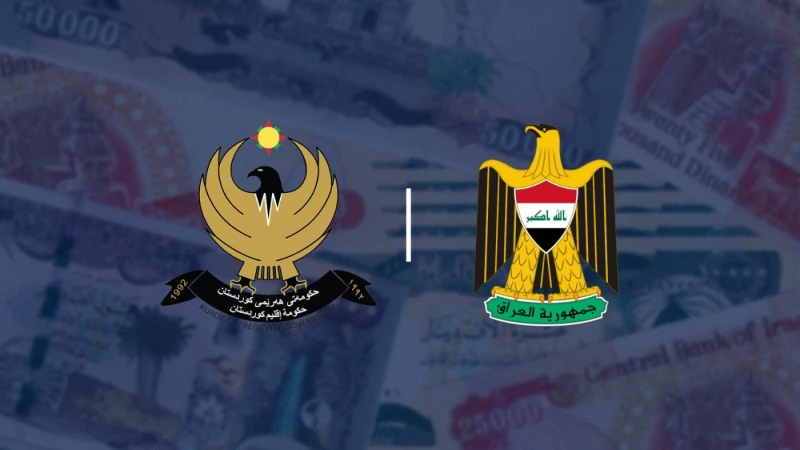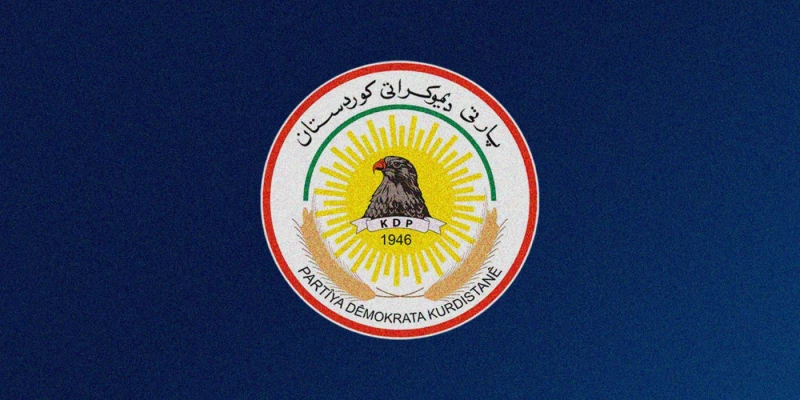ERBIL, Kurdistan Region of Iraq - A leading human rights center in Iraq said Tuesday that 80% of Iraqis suffer from the consequences of noise pollution, warning of serious health risks and urging the government to take immediate action.
In a statement, the Strategic Center for Human Rights in Iraq cited its president, Fadel al-Gharawi, as saying that noise pollution in the country is “no less dangerous than air and environmental pollution.” He said monitoring devices in Baghdad have recorded levels higher than the limits recommended by the World Health Organization.
Gharawi said WHO sensors recorded noise levels in Baghdad ranging from 37.5 to 76 decibels, exceeding the agency’s recommended residential limit of 45 to 55 decibels. He attributed the rise to rapid population growth, the spread of unregulated industrial facilities inside cities, a surge in vehicle numbers, now estimated at more than 7 million, and widespread use of loud generators and modified exhaust systems. Aircraft noise was also cited as a contributing factor.
According to WHO guidelines, daily noise exposure should not exceed 85 decibels for more than eight hours. Gharawi warned that exposure above that threshold may lead to both physical and mental health problems.
“Prolonged exposure to noise levels above 80 decibels can cause serious health effects,” he said, including hearing loss, tinnitus, heightened sound sensitivity, cardiovascular diseases, type 2 diabetes, sleep disturbances, stress, mental health issues, and cognitive impairments such as memory loss and reduced attention spans. He also warned of delayed childhood development due to noise exposure.
The center called on the Iraqi government, relevant ministries, and local authorities to address the issue. Recommendations included relocating industrial sites outside residential areas, mandating the use of silencers on generators, imposing fines on vehicles using loud horns or modified exhaust systems, and installing sound and heat insulation barriers across urban areas.
The report adds to growing concerns over Iraq’s deteriorating urban environment, where infrastructure, regulation, and enforcement often lag behind the needs of its expanding population.


 Facebook
Facebook
 LinkedIn
LinkedIn
 Telegram
Telegram
 X
X



